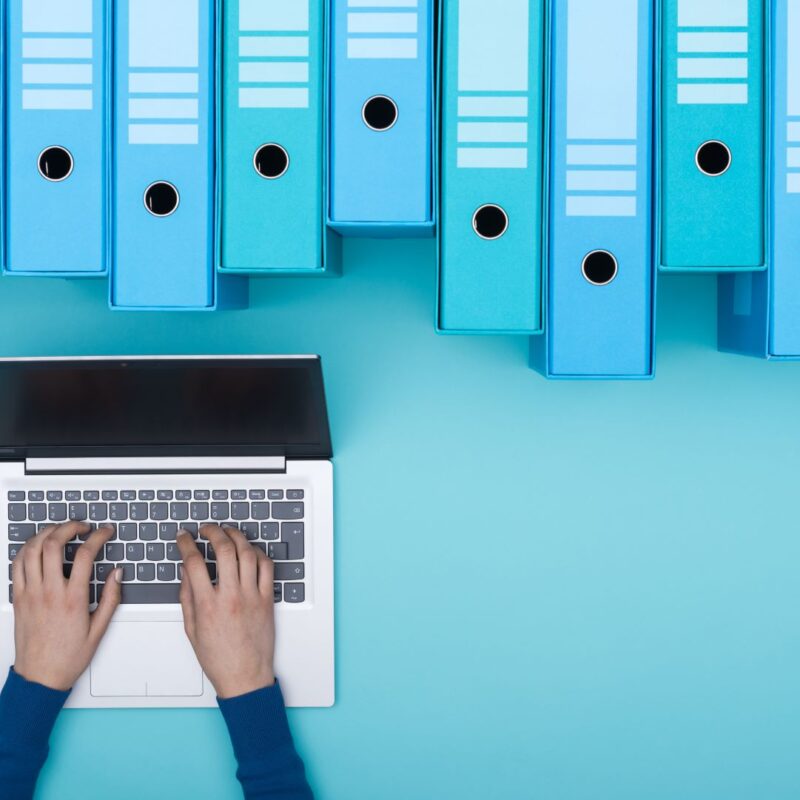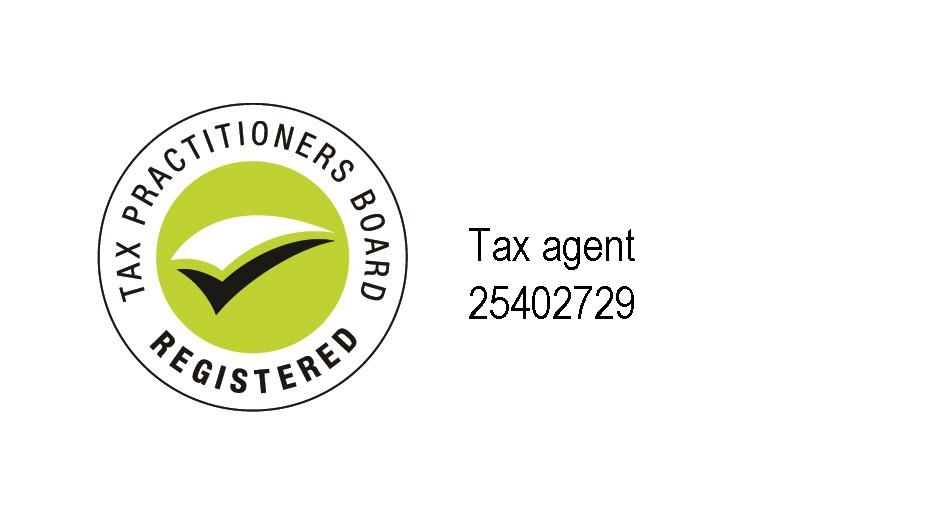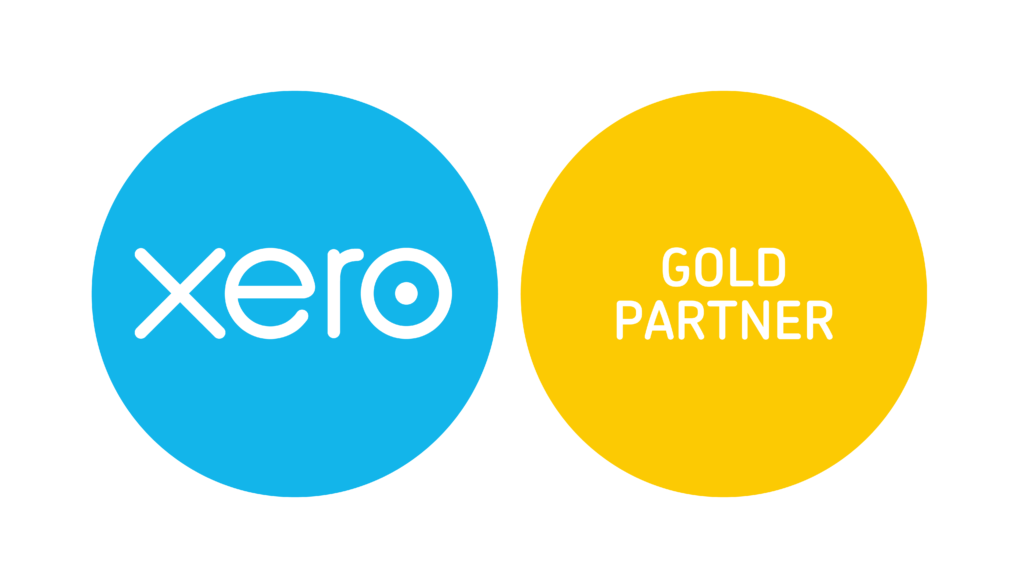Records to Keep for Tax Time

Key Points:
- You may be asked to provide supporting documentation to verify the claims and deductions in your tax return
- Plan your income tax claims and deductions now
- Collate the records you should keep for tax time in the coming weeks
With the end of financial year fast approaching, it is time to consider your planned claims and deductions and the records you should keep for tax time.
During the financial year you’ll receive documents that are important for doing your tax, such as income statements, payment summaries receipts, invoices and contracts. If you are a superstar at record keeping, no doubt you have been filing receipts and invoices throughout the year, in preparation for the processing of your return. If not, it is really important to understand that you may be asked to provide supporting documentation to verify the claims and deductions in your tax return.
For employees working from home due COVID-19, we have specific information available about home office expenses and recording keeping.
Records to Keep for Tax Time
If you claim a deduction, you must have records to show how you calculated your claims. Records are usually a receipt from the supplier of the goods or services. A receipt must show the:
- name of the supplier
- amount of the expense
- nature of the goods or services
- date the expense was paid
- date of the document.
You need to keep these for five years from when you lodge your tax return, in case the ATO asks you to substantiate your claims.
Records you need to keep include:
- income statements or payment summaries
- statements from your bank and other financial institution showing the interest you’ve earned
- dividend statements
- summaries from managed investment funds
- receipts or invoices for equipment or asset purchases and sales
- receipts or invoices for expense claims and repairs
- contracts
- tenant and rental records
If your total claim for work-related expenses is more than $300, you must have written evidence to prove your claims.
If you acquire a capital asset – such as an investment property, shares or managed fund investment, start keeping records immediately because you may have to pay capital gains tax if you sell the asset in the future. Keeping records from the start will ensure you don’t pay more tax than necessary.
If you are claiming the cost of a depreciating asset you have used for work, such as a laptop, you must keep records for five years following your final claim, including either:
- purchase receipts and a depreciation schedule
- details of how you calculated your claim for decline in value.
The ATO may ask that you to show them your records during the five years so it is important that you have sufficient evidence to support your claims.
Your documents must be in English unless you incurred the expense outside Australia.
Records you keep don’t have to be in paper form. myDeductions is a record-keeping tool that makes it easier for you to keep track of your records digitally. Records made and stored electronically are recognised as documents, and this includes photos of your receipts. Sole traders with simple affairs can also use it to help keep track of their business income and expenses. You can also use this tool to email your records directly to your Tax Agent.
In some circumstances you may not need receipts, but you will still need to be able to show you spent the money and how you calculated the claim. If you are unable to obtain a receipt from a supplier, you can still claim a deduction if the ATO is satisfied that the nature and quality of the evidence shows you spent the money and are entitled to claim a deduction. Evidence of your expenses can include a bank or credit card statement that shows the amount that was paid, when and who it was paid to as well as other documents that outline the nature of the goods or services provided.
If you pay cash to a supplier and have no other documentation to support your claim, you will not have sufficient evidence to claim a deduction.
As an employee, if you claim a deduction for work-related expenses you must have:
- spent the money yourself and weren’t reimbursed
- expenses directly related to earning you income
- records to prove it or be able to show how you calculated your claims.
You can only claim the work-related part of expenses. If an expense relates to both work and personal use, you must apportion your use and only claim the work-related part.
Specific record keeping rules apply for certain work-related expenses. These expenses include:
- Car expense records
- Travel expense records
- Clothing, laundry and dry-cleaning expense records
- Phone and internet expense records
- Working from home expense records
- Self-education expense records
- Depreciating assets.
For a summary of this information in poster format, click here.
If you have any questions or need advice and clarity specific to your business, feel free to contact Semmens & Co on 03 8320 0320 for a free consultation.







